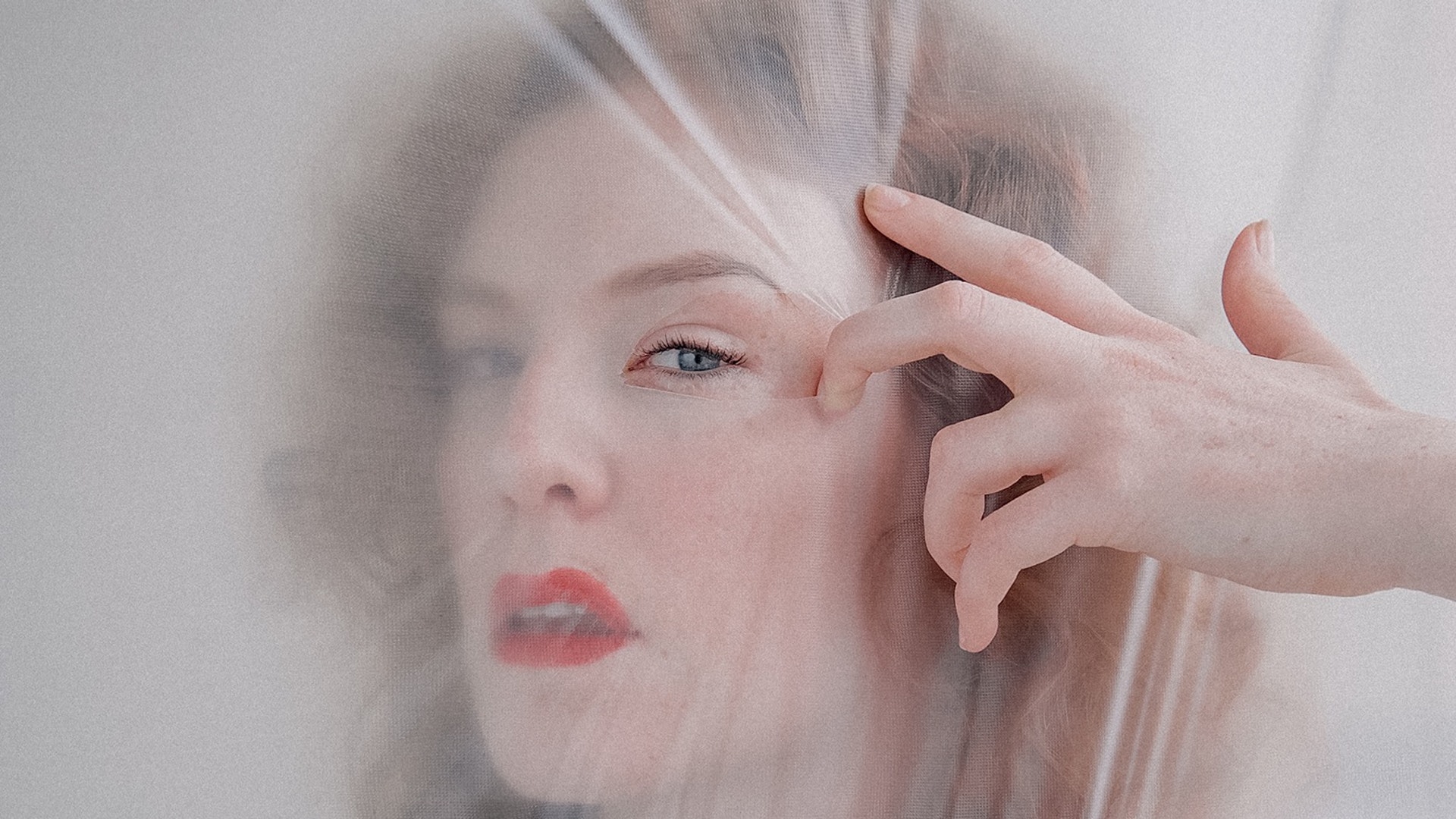Public apologies seem to be far too common in the media nowadays. Going to see The Apologists last Friday at VAULT festival, the recent headline of MP Angela Smith apologising for her racial comment felt all too relevant. In this collaborative piece performed by Gabrielle Scawthorn, we are encouraged to question what it means when a public apology is made; how do we as society decide when to forgive someone? When is an apology not enough?
Those who frequent Underbelly Cowgate during the Edinburgh Fringe will feel right at home, the vaults dark, dingy (and a bit damp). It’s uncomfortable to sit there in the stuffy space, yet in a way it does make you feel as though you too are in the spotlight. Suffering under the heat of the bright lights and flashing cameras in her face is the first character of Scawthorn’s piece, Louise, who is the Chief Executive of the NHS and reading out a public apology. Her measured, formulaic speech comes after being called a racist during a traumatic moment in her private life. With a single lapse in judgement, her whole career is on the line. Yet as she reads off the speech that was likely redrafted numerous times, she cannot help but digress and express how she really feels. She talks about how the word ‘sorry’ makes her feel defeatist, and criticises today’s society, which is so quick to defame people and refuse to see the good that people do once a single mistake is made. These are all valid points, and the character’s vulnerability as a woman struggling to be both a mother and main provider for her family does seek sympathy from the audience.
Iskandar Sharazuddin’s Excuses is a strong opening, highlighting some of the ambiguous, grey areas that can surround apologies – particularly in the public eye. The second monologue, Seven, the Sweetest Hour, takes a lot longer to admit that an apology is warranted. As social influencer Holly discovers, ignoring your accountability as a public figure can have tragic repercussions. Seven, written by Cordelia O’Neill, shakes up The Apologists through Holly’s tactless and seemingly shallow personality. Obsessed with her public image, we see a woman who is constantly seeking validation while simultaneously guarding herself from any hint of emotional interaction. Scawthorn is hilarious in this second act, her own comedic talents evident in her delivery of Holly’s testimony. Her versatility as an actor is again tested in the final piece, New World by Lucinda Burnett, as she portrays a woman who has found herself embroiled in a scandal affecting the charity she works for. Standing away from the microphone this time, we see a woman who realises that sometimes, public apologies don’t mean anything; they are merely hollow words that will not lessen the damage already done.
Although the final piece marks a need for change, it is hard to feel positive or uplifted by such a harrowing piece. The trauma Scawthorn’s character suffers in New World is hard to digest, with some audience members visibly affected by her own suffering at the hands of her employers. The triggering subject matter – together with the close of O’Neill’s Seven – makes the second half of The Apologists difficult to watch. While it may be Scawthorn’s intention to make us squirm a little in our seats – to refuse respite from the difficult subject matters that often give rise to public apologies – the heavy subject matter means that The Apologists feels rather one-note. Regrettably, part of this is down to having Scawthorn perform each monologue. Although she wears different shoes and applies different actions to each of the women, the characters blend into one another when they are at their most vulnerable. They share the same nervous ticks – the same quick jerking of the head as they come back to reality. Even in those raw moments of vulnerability, Scawthorn offers the same strained smile as tears fill her eyes. It’s a shame, for Scawthorn in no way lacks conviction or talent; it’s more the combination of pieces that works against her.
It is this, and the lack of production design, that makes The Apologists feel like a work in progress. The random flash and click of camera reminds us that the characters are speaking publicly, yet they don’t always feel necessary and – adding to Scawthorn’s struggle for distinction – they come in every act.
Still, The Apologists is a work that showcases four talented individuals. It is an insightful look on the cost an apology has on those individuals – both before and after words ‘I’m sorry’ are uttered. It will be interesting to see whether Scawthorn and co. look to take The Apologists further.
